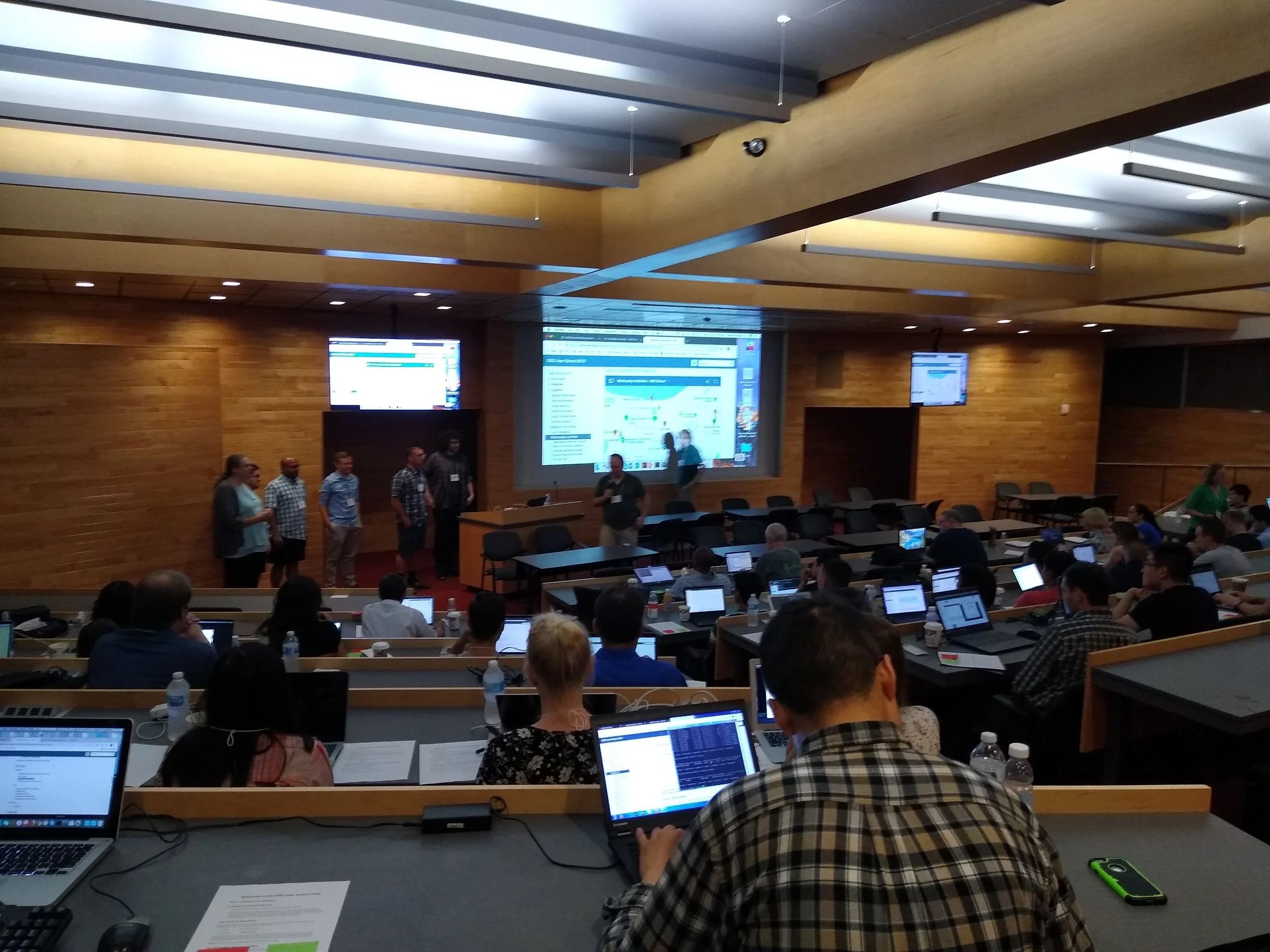Supporting and expanding beneficial academic research for humanity.
Computing for Humanity’s mission is to work in partnership with researchers, institutions, donors and influential networks to accelerate the pace of medical advancements by making readily available high performance computing resources.
Understanding the problem
Modern research requires the use of supercomputers but access is limited.
In the race for scientific advancement, academic researchers are too often left behind. According to the National Science Foundation, in 2018, U.S. companies spent approximately $375 billion on research and development, while universities and colleges spent around $80 billion. Your donation directly provides essential resources to academic institutions, where we can help level the playing field and support researchers in making groundbreaking discoveries that can have a positive impact on society as a whole.
How we help
Computing for Humanity builds supercomputers from donated hardware providing fast, subsidized, and in many cases free access to the high-performance computational resources that scientists and diseases researchers require.
Eliminate Wait Times
We provide fast access for researchers when they need it.
Enable collaboration
We promote access to open science and collaboration initiatives between researchers.
Empower "Citizen Science"
We provide affordable access to supercomputing power for non-affiliated researchers.
Environmentally Green
We build our supercomputers from donated hardware, diverting it from landfills.
How we’re making a difference
In partnership with research centres and academic institutions, Computing for Humanity strives to provide high performance computing resources for researchers. In alliance with our partners (donated hardware), we actively collaborate with researchers and their facilities by providing the recycled Super Computing resources (local, cloud based, user friendly interface and optimized workflow) necessary to achieve medical advancements destined to improving human life.
What that looks like
-

OUR RESEARCH GRID
Computing for Humanity and its network of 21 universities and 3 research centres aim to collaborate and develop best practices and tools in big data center operations, computational modeling, data management and platforms, structural biology research, simulations, image visualization, and AI modeling.
-

SUPPORTING OUR RESEARCHERS
We want researchers to focus on breakthroughs. Computing for Humanity helps by providing gear to our partners, user and technical support to propel research with advanced computing. We are also partnered with the World Community Grid, now based in Canada, supporting national and international research projects with the aim of improving human life.
-

STORING RESEARCHER’S DATA
We do data storage differently. Computing for Humanity offers drives for storage to scientists in the hundreds of terabytes range to accommodate researchers' long-term needs for storing their valuable data. Our servers are named commemorating loved ones taken by illness and diseases. Researchers believe computing is vital to finding advancements for humanity.
-

23,000+ VOLUNTEER HOURS
We are passionate and focused with our dedicated team of volunteers in support of researchers by providing them with supercomputing power to find advancements that will benefit all of humanity.
-

600,000,000+ HOURS OF RESEARCH
To date, our supercomputers have computed over 600 million core hours and 6 million GPUs hours of research helping scientists get closer to the advancements for humanity. Through the years, we have saved configured settings for future use and re-run experiments/workflows, beyond a normal-sized grant allocation.
-

4,623+ CORES 835 GPUs RUNNING 24/7
Together, we provide the current amount of 4,623 cores and 835 GPUs to researchers available 24/7! Join us to empower research and play an active part in scientific discovery.
How our resources are being used
With help from people like you, Computing for Humanity has provided researchers with 600,000,000 core hours since the project began in 2015.
See how researchers are utilizing Computing for Humanity resources.

Want to get involved?
Join the team to make a difference and play an active part in scientific discovery.
How can you help?
-

Partner with Us!
Donating made easy. Learn more about the ways you can donate.
-

Join Us!
Get the research time you need. Learn more about how you can book research time.

Help further research for a better tomorrow.
Be a part of our community!
Subscribe to our newsletter to get the latest on our projects and partnerships, and how we’re making a difference.











